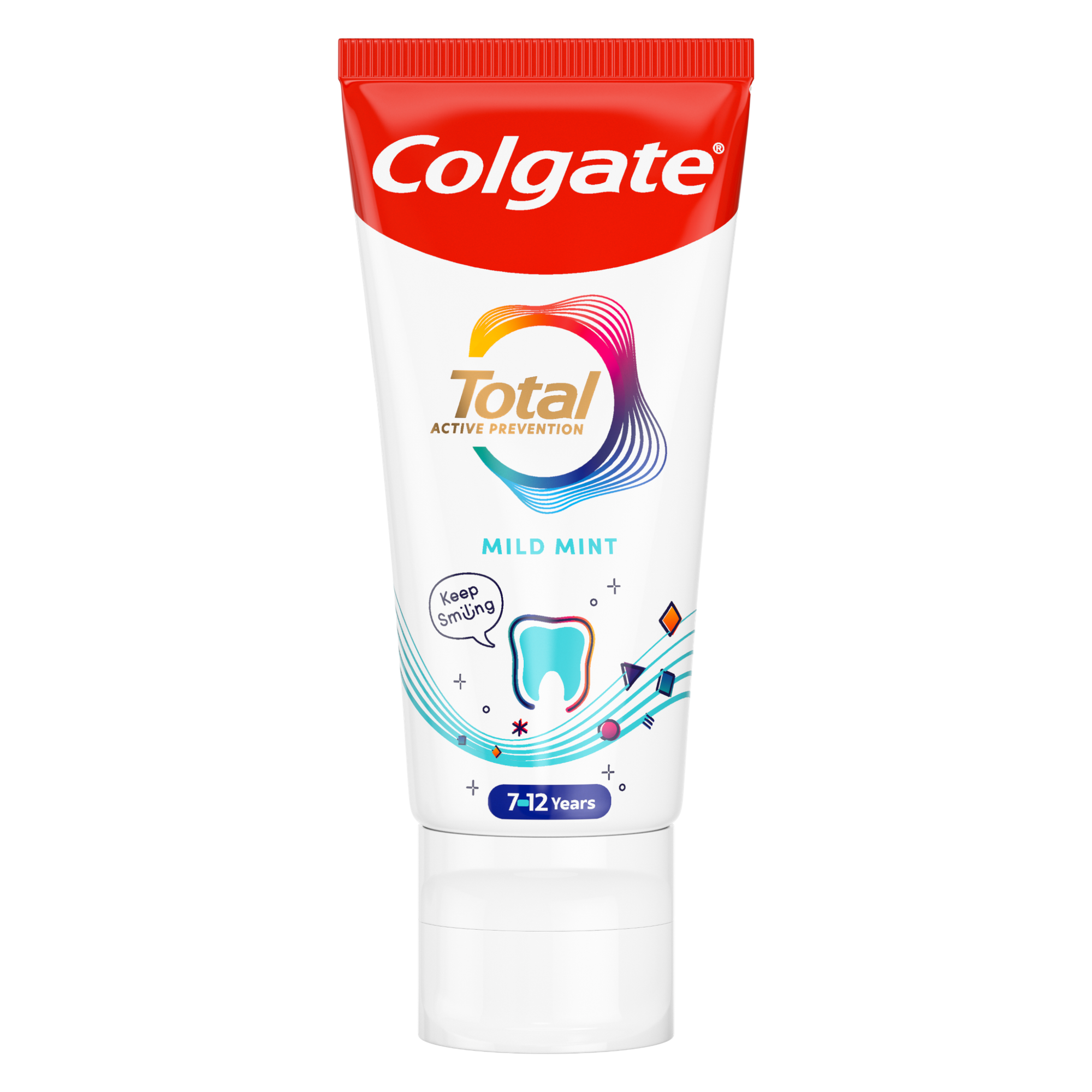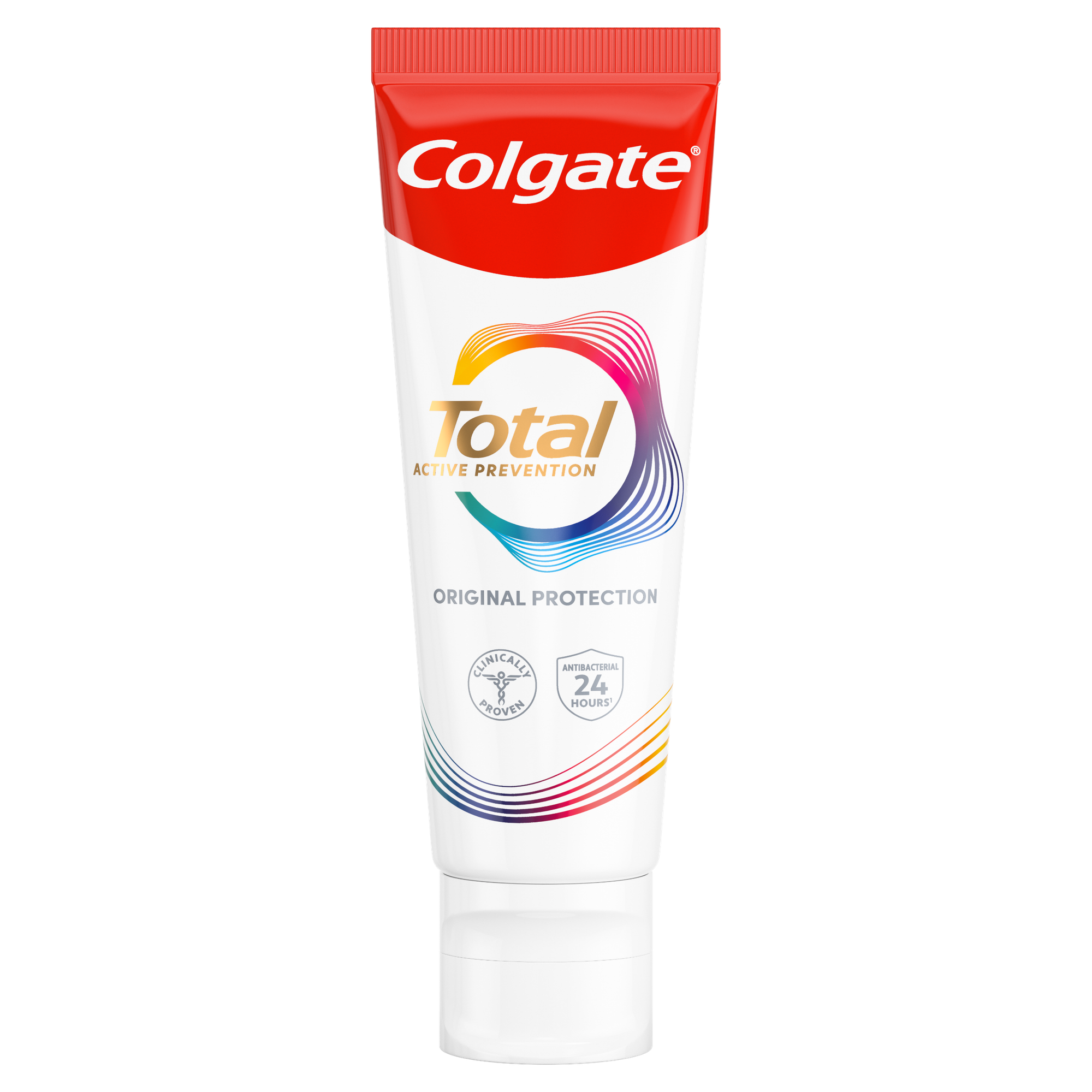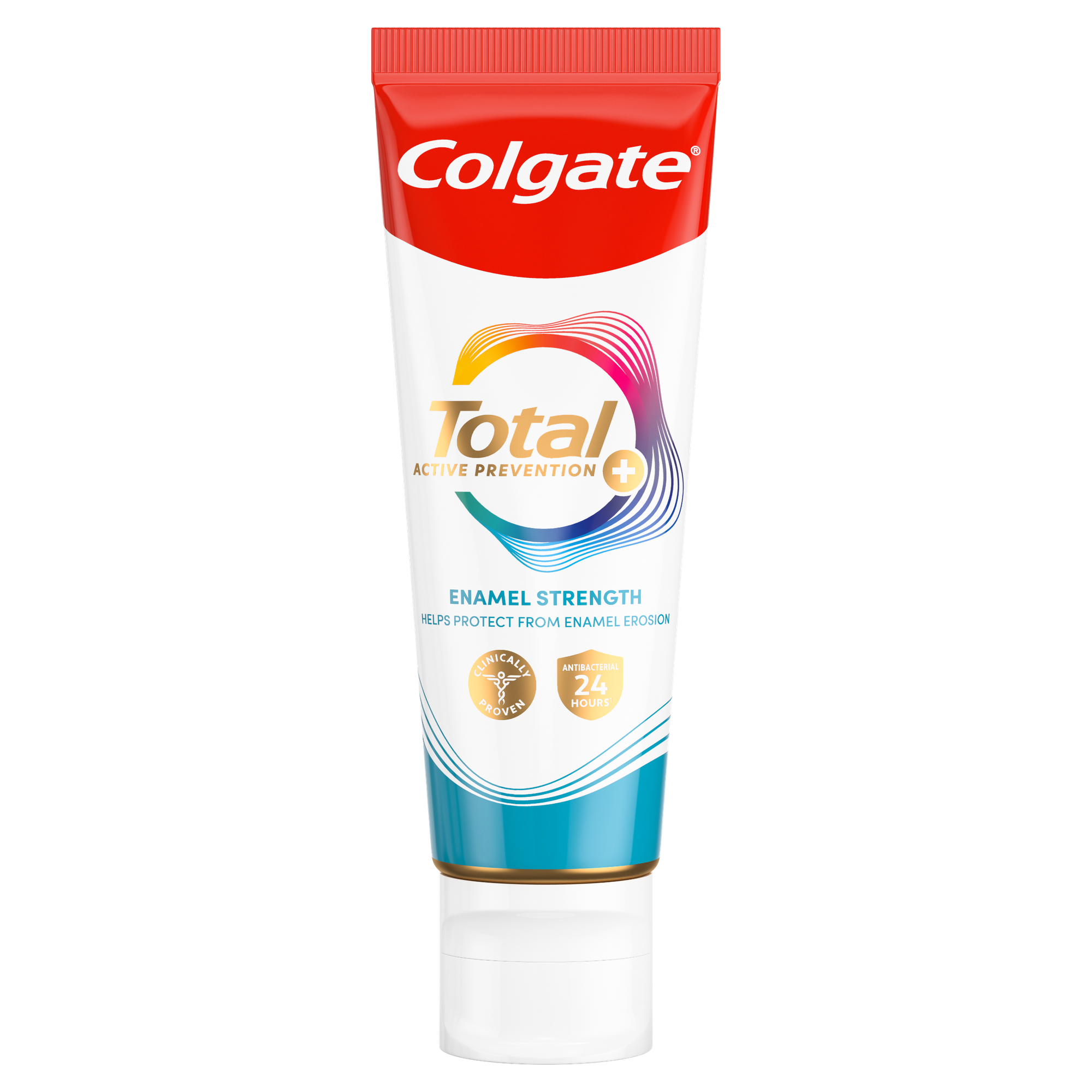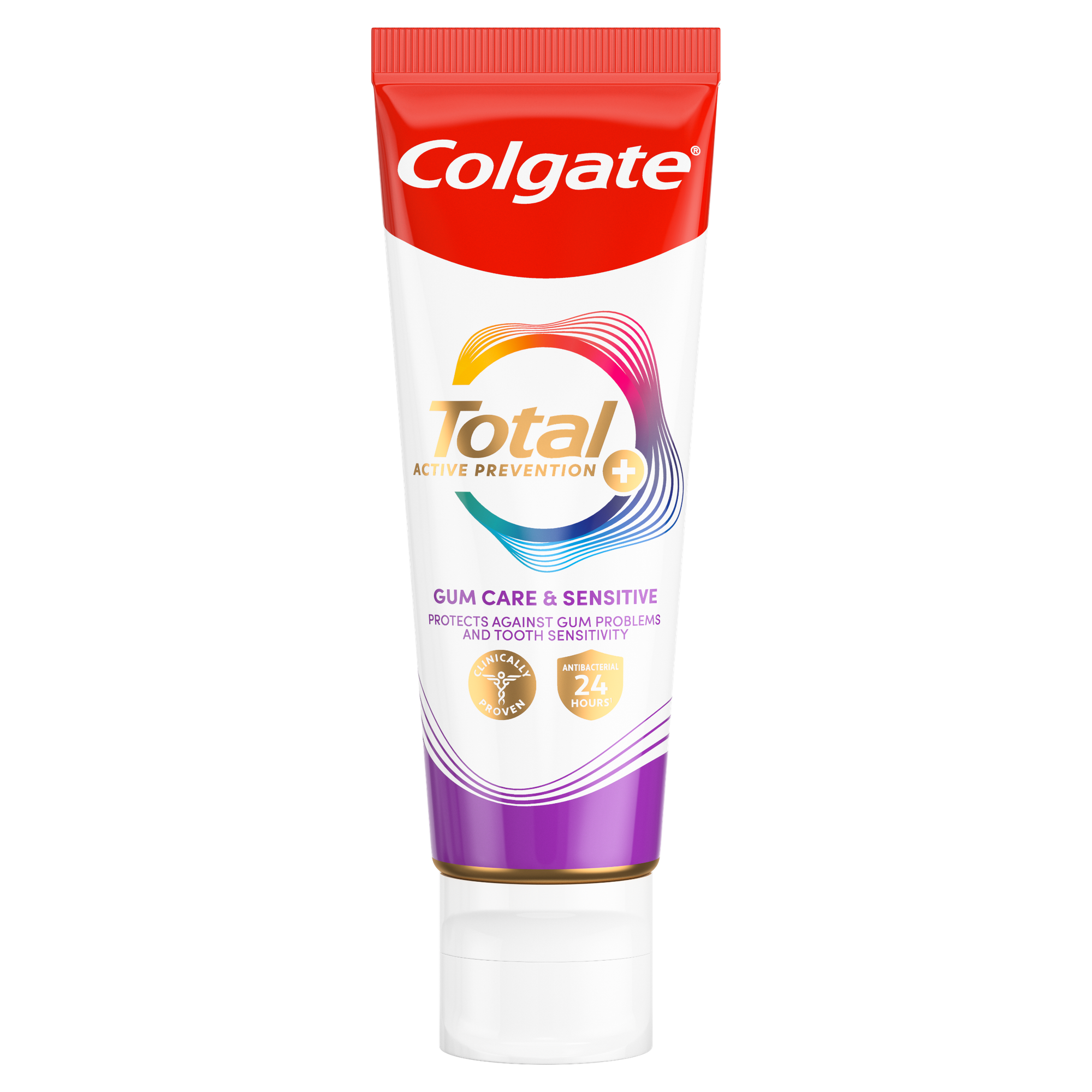-
-

FLUORIDE
What Is Stannous Fluoride Toothpaste?Stannous fluoride toothpaste helps prevent cavities, reduce sensitivity, fight plaque, and support daily gum and enamel health.

TEETH WHITENING
Why Should I Whiten My Teeth?Maybe you've always wanted a beautiful white smile. Or your teeth have yellowed over time...
-
Science & Innovation
- ORAL HEALTH CHECK
- PRODUCT MATCH
- Colgate® | Toothpaste, Toothbrushes & Oral Care Resources
- Oral Health
- What can you do with the severe pain after root canal?


It's not uncommon for people to think that a root canal treatment means pain. But, that's just one of the many myths about root canals treatments. The goal of the treatment isn't to cause you pain, but to relieve any pain that's caused by advanced tooth decay and infection. That said, even if you followed the post-procedure instructions to a T, you may still experience pain after root canal treatment. The pain could indicate that something has gone wrong with the tooth or the treatment. If you're in severe pain after a root canal, it's a good idea to follow up with your dentist or endodontist to see what can be done to ease your discomfort.
How Much Pain Can You Expect After a Root Canal Treatment?
While severe pain after a root canal treatment isn't common, it is common to experience a bit of discomfort in the treated area. As your body heals, the area around the tooth might feel a bit sore and tender, explains Bupa. Some people also have a sore jaw after their root canals, since the procedure requires them to have their mouths open for a longer period of time.
If you have moderate pain, over-the-counter pain relief may help. Your dentist might prescribe you stronger pain relief, which you can take as directed. Just remember that prescription pain relief can make you drowsy and might interfere with your ability to work, drive or go about your day.
How you care for the tooth and the rest of your mouth after a root canal treatment can play a role in how much discomfort you experience. It's common for a dentist to place a temporary crown or restoration over the affected tooth after a root canal treatment. As these are not the final restoration, be careful about chewing on the treated tooth until the final restoration is placed. When it's fine to brush your teeth again, consider brushing with a soft-bristled toothbrush. It's also a good idea to wait until any anesthetic the dentist gave you during the root canal treatment wears off before you resume eating and drinking. If you eat while your teeth and gums are still numb, you might accidentally bite your inner cheeks or tongue.
How Much Pain Is Too Much Pain?
Although it is normal to expect some discomfort as your body heals after a root canal treatment, how do you know if you're experiencing too much pain? There are a few ways to tell. If the pain you're feeling is so severe that you can't go about your normal life, you should definitely contact your dentist. Sometimes, complications can develop after a root canal treatment. You might be feeling extreme pain because the treatment didn't fully remove the bacteria or source of the infection. Contact your dentist or endodontist immediately if you are feeling severe pain several days after your root canal treatment, even if the pain went away, still visit your dentist in a few days or the following week. Your dentist can examine your tooth and inform you of the next steps to get you feeling your best.
You might need endodontic retreatment to relieve the pain and preserve the tooth. Retreatment is enough to ease pain and discomfort in most cases, but there are instances when the best option is to remove the tooth. Your dentist can fully explain the pros and cons of each option and which one is the best choice for you.
Related Articles

Teeth whitening
What is Enamel Microabrasion?A brighter smile can boost your confidence, consider a professional enamel microabrasion. Click here to learn more about enamel microabrasion with Colgate®

Tooth removal
Tooth Extraction Healing Time: What's NormalSometimes, it's necessary to have a tooth pulled out. Discover our guidelines on the typical tooth extraction healing time and tips for a quick recovery.
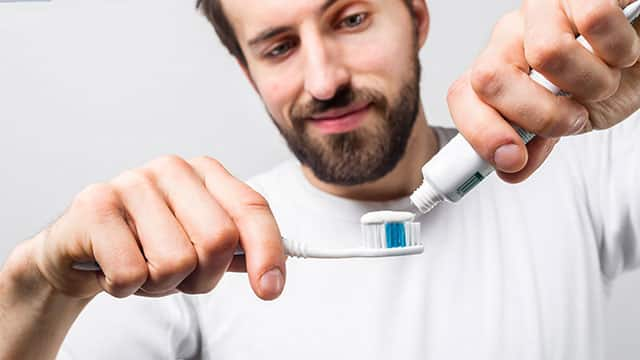
Tooth removal
Dry Socket Prevention: Caring For Yourself After An ExtractionA tooth extraction should be uneventful, and if you follow a few dry socket prevention tips, your recovery will be just as smooth. Find out more, here.
Related Products

Helping dental professionals
More professionals across the world trust Colgate. Find resources, products, and information to give your patients a healthier future




